With the participation of sectors and localities and the change in people's awareness, the environment in ethnic minority areas is increasingly improved.
Effectiveness from specific solutions
Every Sunday, the people of Na Khau village, Dong Tam commune voluntarily participate in cleaning the village roads and alleys. The Green Sunday movement has attracted not only the people but also the cadres, party members and civil servants living in the area to participate. The most valuable thing is that people's awareness of environmental sanitation is increasingly improved.
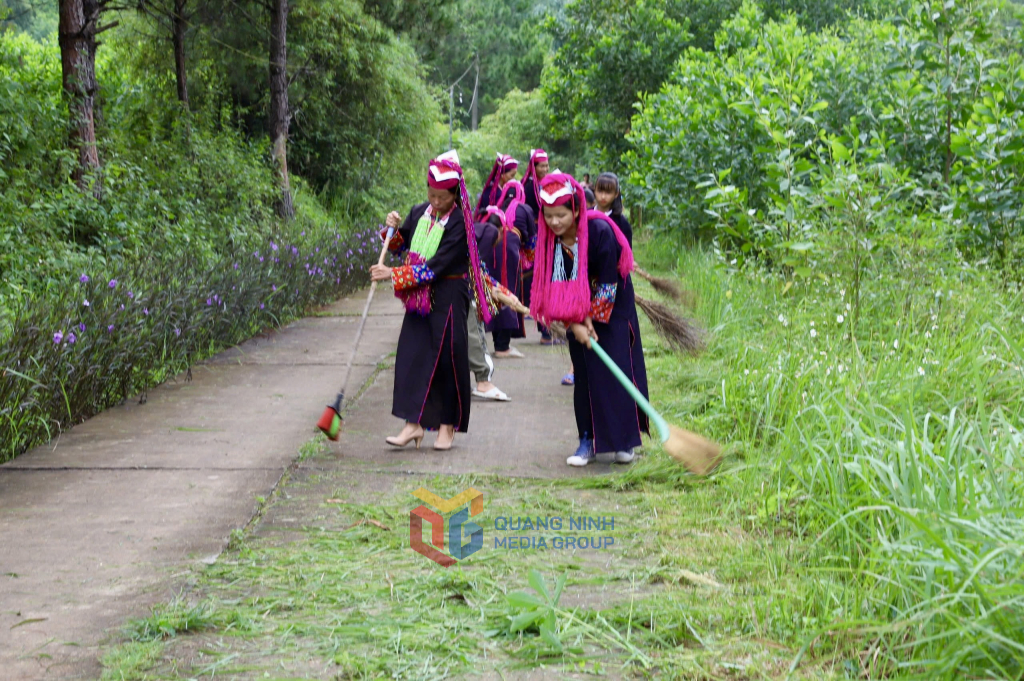
Binh Lieu district has over 96% of its population being ethnic minorities. In recent times, due to the increase in population and the number of tourists visiting the locality, a large amount of solid waste has been generated in the area. The district People's Committee has developed and issued many plans and directives to raise awareness of environmental protection to all groups of people. Communes in the district have simultaneously launched a campaign to clean up the environment, dredge ditches, clear sewers, and collect waste. In addition, the authorities of the communes have mobilized people to collect waste at designated places, limiting spontaneous waste disposal sites. People have unanimously implemented the movements "Green Sunday", "Volunteer Saturday", "Turning waste into money", "Composting organic fertilizer" ...
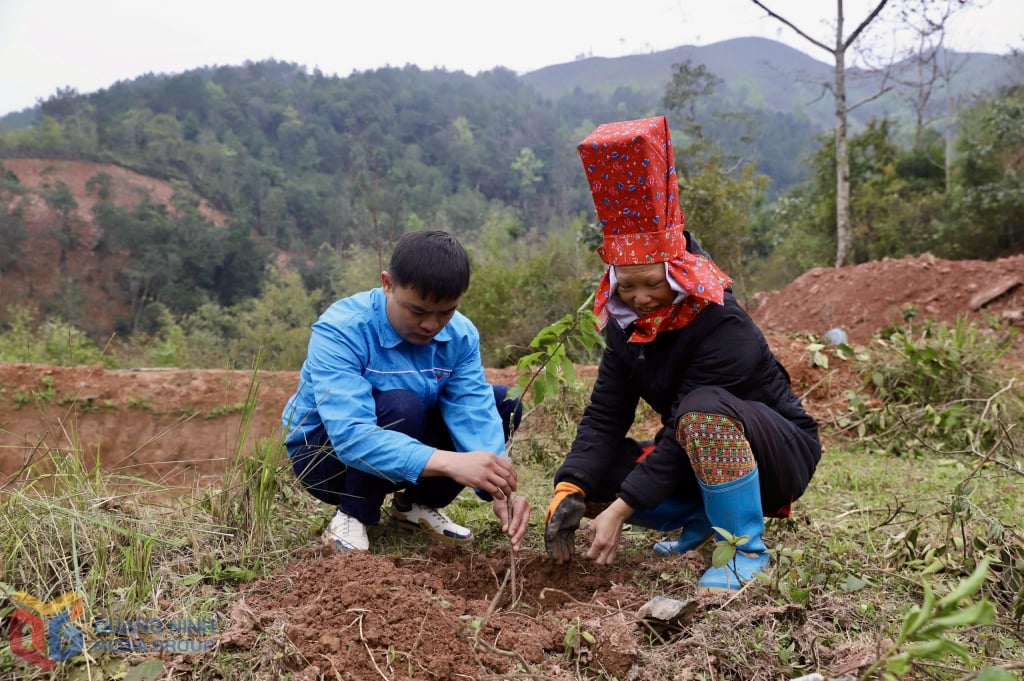
In particular, mobilizing people to raise livestock and poultry in barns, limiting free-range farming that affects the living environment. In 2024 alone, the whole district mobilized over 11,000 people to participate in environmental sanitation, sweeping, collecting and treating over 230m3 of waste on over 50km of main roads, residential roads and village cultural houses. Many hectares of planted forests have covered bare hills and mountains...
In Hai Ha district, in recent times, the Party Committee and the government have always determined that socio -economic development must go hand in hand with environmental protection and biodiversity conservation. The locality has stepped up propaganda and mobilized the entire population to participate in environmental protection, especially in the ethnic minority areas that account for 25% of the district's population. At the same time, management has been strengthened, timely detection and measures have been taken to handle and overcome environmental pollution.
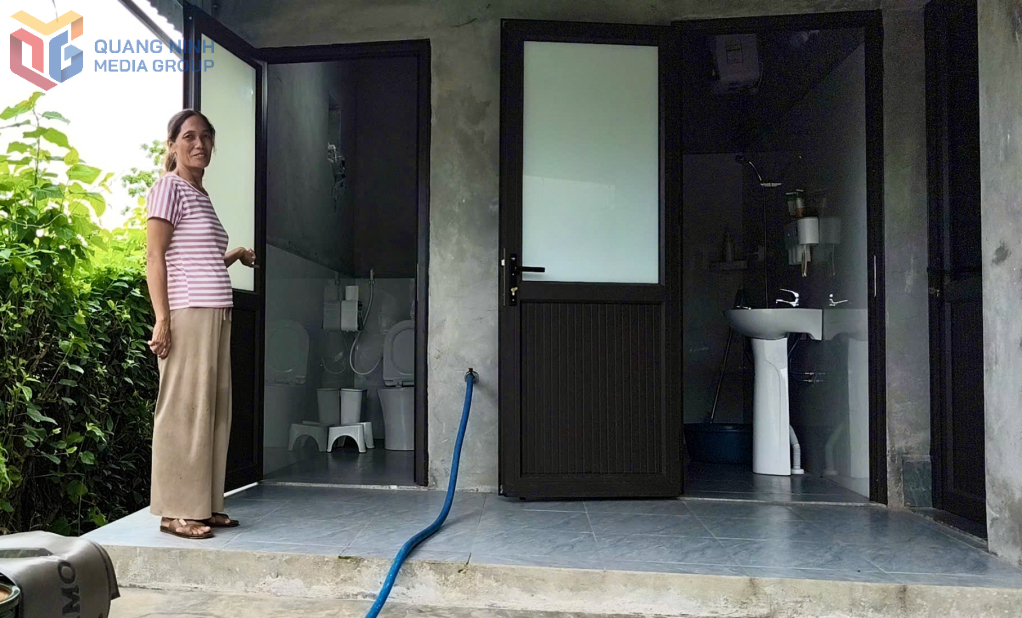
The district regularly maintains the movement of the whole population participating in general environmental sanitation on green Saturdays and Sundays, deploying the model of 5 no 3 clean, beautiful house, clean road, clean field model. Thereby, garbage has been collected, cleared, and arranged village roads and alleys, and the environment has been cleaned up through 55 sessions with the participation of 1,750 people. In particular, domestic wastewater in rural areas generated in the district is about 4,911.6 m³/day. The rate of wastewater collected and treated reaches 66.3% by appropriate and effective measures (septic tanks) before being discharged into the general drainage system of the area.
Commune authorities have promoted the importance of building standard toilets and bathrooms, and building septic tanks. Many families have agreed to repair their toilets or have received support from the district to build new ones. From the beginning of 2025, the district has continued to invest in building 5 new hygienic toilets for local people. Ms. Ma Thi Lien, village 7, Quang Minh commune, Hai Ha district, said: Before, my family did not have a toilet. But after the commune and village officials promoted it, I realized that indiscriminate defecation pollutes the environment and water sources, increasing the risk of disease transmission. In early 2025, when they received financial support to build hygienic toilets, the family was very excited. Now the toilets are in use, contributing to improving life as well as ensuring health and environmental hygiene.
The shortage of domestic water and sanitation is one of the criteria that is being addressed in the National Target Program for Sustainable Poverty Reduction for the 2021-2025 period. In addition to focusing on investing in water supply pipeline infrastructure for people in communes, Hai Ha district focuses on promoting and mobilizing people to connect and use clean water and domestic water from centralized water supply works. Accordingly, at least 69% of urban residents have access to clean water; over 99.6% of rural residents use hygienic water.
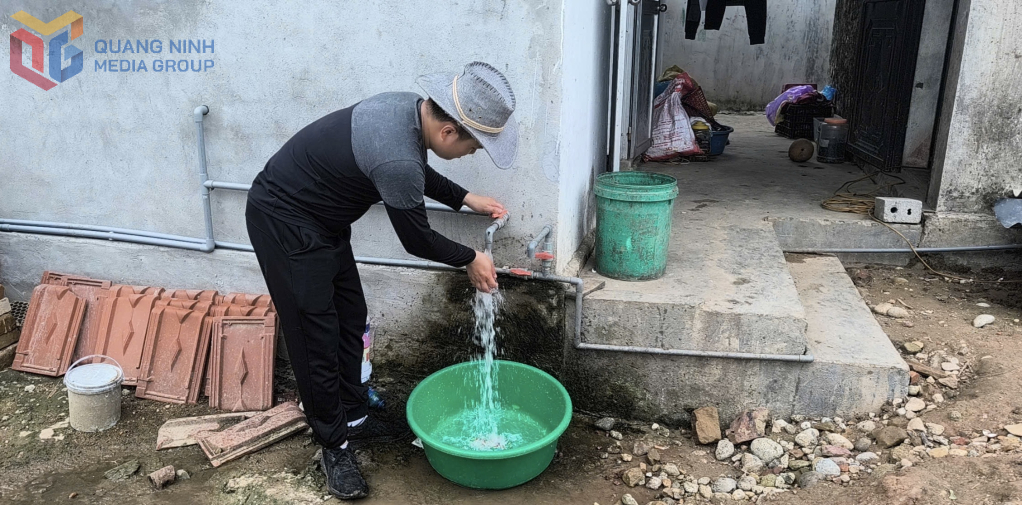
Mr. Truong Van Ly, village 7, Quang Minh commune, Hai Ha district, said: In the past, my family was always in a state of serious water shortage. During the rainy season, we proactively stored water in the tank, but during the dry season, we had to use it very economically. At the end of 2024, the villagers had water pipes installed, everyone was excited, now they can use clean water. More importantly, we no longer worry about water shortages.
Ba Che is also a locality with over 80% ethnic minorities. Identifying that environmental protection in ethnic minority areas requires a combination of raising awareness, sustainable development and applying technical measures suitable to the characteristics of each region, in recent times, Ba Che district has promoted propaganda activities, mobilizing people to participate in environmental protection activities. Thereby gradually changing people's habits in daily life and production, not only limiting environmental pollution but also contributing to creating a new look for rural areas.
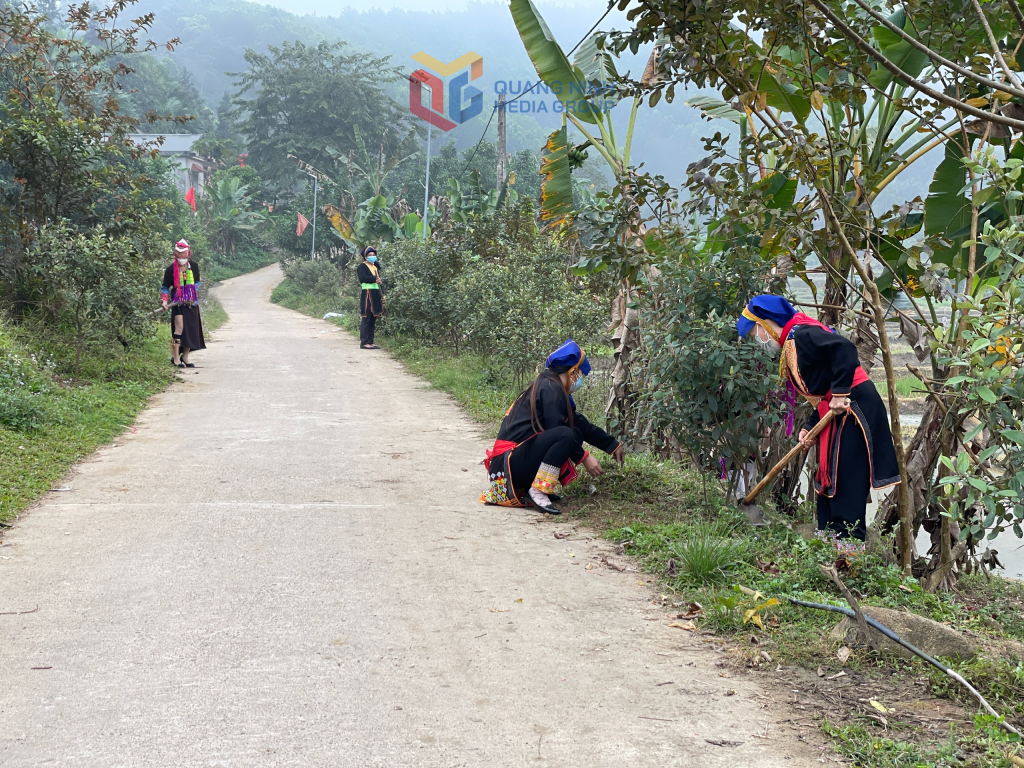
Mr. Vi Thanh Vinh, Head of the Department of Agriculture and Environment of Ba Che district, said: In recent times, Ba Che district has always closely followed the Law on Environmental Protection and directives from higher levels to issue documents, plans, and direct environmental management and protection work in line with the actual situation of the locality. Every year, the district regularly launches movements to plant forests, plant trees, collect waste, dredge streams, clear bushes, clear water flows, etc. to promptly respond to natural disasters. The Department of Agriculture and Environment coordinates with the District Women's Union to train, propagate and guide the work of classifying household waste at the source and using biological products to treat organic waste in Thanh Son, Dap Thanh, Minh Cam communes and Ba Che town. Thereby, contributing to reducing environmental pollution, improving the landscape and minimizing the generation of solid waste into the environment, maintaining forest cover in the district at over 72%...
Synchronize solutions
Ethnic minorities live mainly in mountainous, border, remote and isolated areas - which are strategically important in terms of politics, economy, security and national defense. These are also areas where infrastructure conditions are still difficult and lacking. Along with that, many places still have backward customs, practices and habits that affect the living environment... Therefore, overcoming difficult living conditions and aiming for perfect and sustainable living conditions for ethnic minorities is an important policy in the socio-economic development process of the province.
Implementing Resolution No. 06-NQ/TU dated May 17, 2021 of the Provincial Party Committee on sustainable socio-economic development, ensuring solid national defense and security in communes, villages and hamlets in ethnic minority, mountainous, border and island areas for the period of 2021-2025, with a vision to 2030, Quang Ninh province identifies environmental protection in ethnic minority areas as a fundamental solution contributing to improving the quality of life and bringing happiness to the people. Accordingly, localities in the province have developed plans for each locality, assigning tasks to affiliated departments and units to implement. Many localities have applied good practices that have brought positive effects in environmental protection such as: Piloting a model of community participation in managing and classifying waste at source, mobilizing and supporting people to move livestock barns away from their homes, ensuring environmental sanitation, building hygienic latrines, etc.
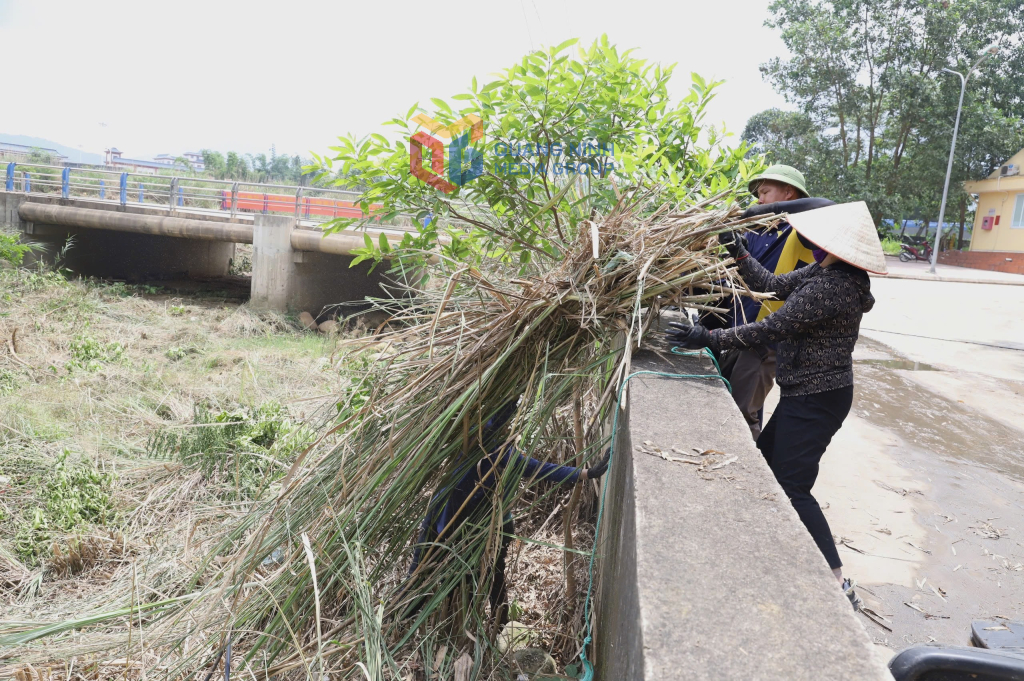
In particular, to facilitate people in collecting and treating household waste, Quang Ninh actively invests in rural transport infrastructure, including mountainous communes and ethnic minority communes, to facilitate the movement of garbage collection vehicles. Currently, 3/5 regional waste treatment areas are in operation in the province; 9/13 localities with invested incinerators have been put into operation with a total of 19 incinerators. Thanks to that, up to now, nearly 92% of household waste from people in rural and mountainous areas has been collected and treated in accordance with regulations, ensuring environmental hygiene. Along with that, Quang Ninh province actively invests in infrastructure for domestic water supply for people. Up to now, the province has 274 centralized domestic water supply works, contributing to ensuring the rate of rural households using hygienic water reaches 99.9%.
Although there are many positive signals, according to the assessment of many localities and units, there are still problems that make environmental protection work in some areas not yet widely replicated; waste classification at source, recycling, and reuse of organic waste are still limited; building prices and collecting fees for collection, transportation, and treatment of domestic waste in communes...
In the immediate and long-term stages, in order to effectively protect the environment in ethnic minority areas, in addition to the plans and methods of each locality, the work of strengthening propaganda and raising awareness for the community must continue to be implemented synchronously. In addition, the management, inspection and supervision of environmental protection by functional sectors must regularly and promptly determine the level of pollution in order to have timely treatment measures.
Source: https://baoquangninh.vn/bao-ve-moi-truong-vung-dong-bao-dan-toc-thieu-so-3359647.html


![[Photo] General Secretary To Lam works with the Central Policy and Strategy Committee](https://vphoto.vietnam.vn/thumb/1200x675/vietnam/resource/IMAGE/2025/5/28/7b31a656d8a148d4b7e7ca66463a6894)

![[Photo] Vietnamese and Hungarian leaders attend the opening of the exhibition by photographer Bozoky Dezso](https://vphoto.vietnam.vn/thumb/1200x675/vietnam/resource/IMAGE/2025/5/28/b478be84f13042aebc74e077c4756e4b)
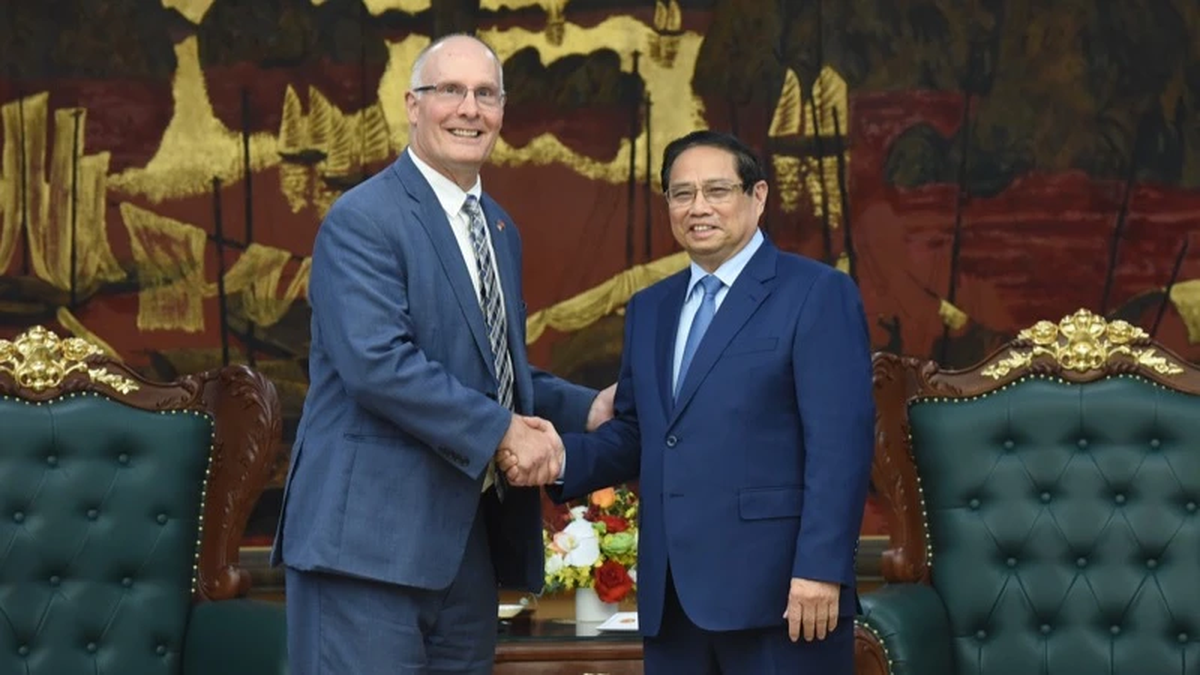
![[Photo] 12th grade students say goodbye at the closing ceremony, preparing to embark on a new journey](https://vphoto.vietnam.vn/thumb/1200x675/vietnam/resource/IMAGE/2025/5/28/42ac3d300d214e7b8db4a03feeed3f6a)
![[Photo] Prime Minister Pham Minh Chinh receives a bipartisan delegation of US House of Representatives](https://vphoto.vietnam.vn/thumb/1200x675/vietnam/resource/IMAGE/2025/5/28/468e61546b664d3f98dc75f6a3c2c880)


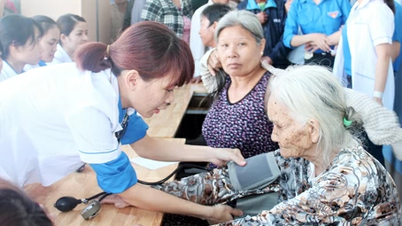

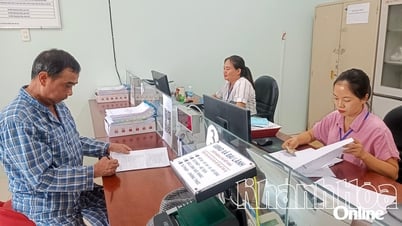

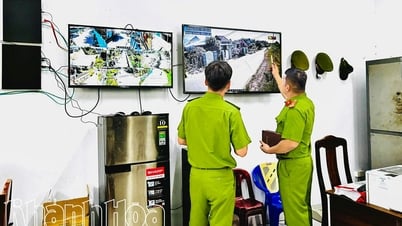
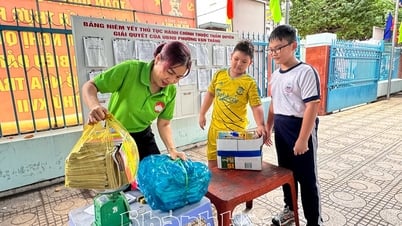
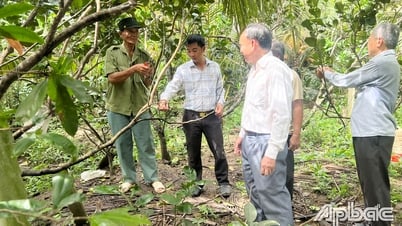










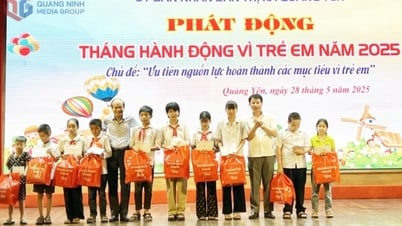





























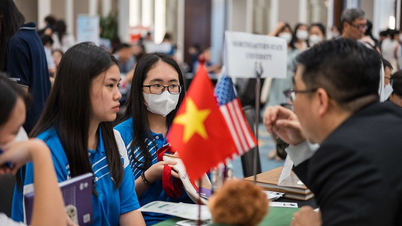


















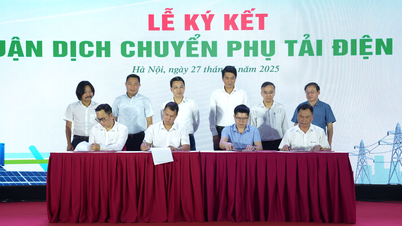
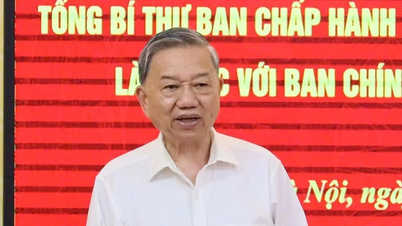
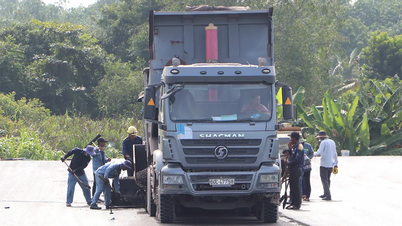
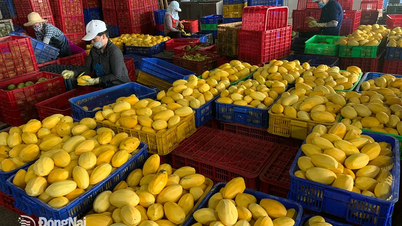
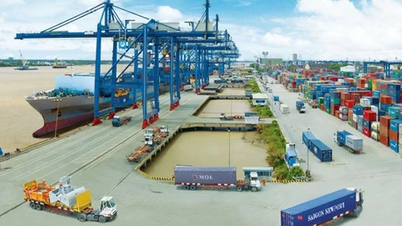








Comment (0)